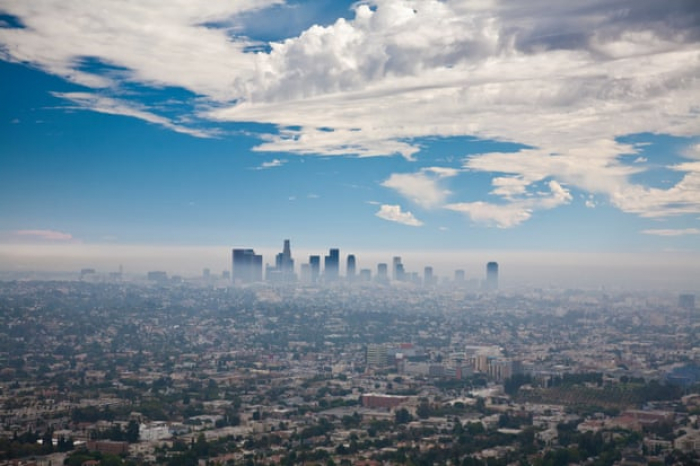The US is back in the Paris climate accord, just 107 days after it left, AzVision.az reports citing the Guardian.
While Friday’s return is heavily symbolic, world leaders say they expect the US to prove its seriousness after four years of being mostly absent. They are especially keen to hear an announcement from Washington in the coming months on the US’s goal for cutting emissions of heat-trapping gases by 2030.
The US return to the Paris agreement became official on Friday, almost a month after Joe Biden told the UN that the US intended to rejoin.
“A cry for survival comes from the planet itself,” Biden said in his inaugural address. “A cry that can’t be any more desperate or any more clear now.”
The president signed an executive order on his first day in office that reversed the withdrawal ordered by his immediate predecessor, Donald Trump.
The Trump administration had announced its departure from the Paris accord in 2019 but it did not become effective until 4 November 2020, the day after the election, because of provisions in the agreement.
The UN secretary general, António Guterres, said on Thursday the official US re-entry “is itself very important”, as was Biden’s announcement that the US would return to providing climate aid to poorer countries, as promised in 2009.
“It’s the political message that is being sent,” said Christiana Figueres, the former UN climate chief. She was one of the leading forces in hammering out the 2015 mostly voluntary agreement where countries set their own goals to reduce greenhouse gases.
One fear was that other countries would follow the US in abandoning the climate fight, but none did, Figueres said. She said the real issue was four years of climate inaction by the Trump administration. US cities, states and businesses still worked to reduce heat-trapping carbon dioxide, but without the federal government.
“From a political symbolism perspective, whether it’s 100 days or four years, it is basically the same thing,” Figueres said. “It’s not about how many days. It’s the political symbolism that the largest economy refuses to see the opportunity of addressing climate change. We’ve lost too much time,” Figueres said.
The UN Environment Programme director, Inger Andersen, said the US had to prove its leadership to the rest of the world, but she said she had no doubt it would when it submits its required emissions-cutting targets. The Biden administration promises to announce them before a summit in April.
“We hope they will translate into a very meaningful reduction of emissions and they will be an example for other countries to follow,” Guterres said.
More than 120 countries, including the world’s biggest emitter, China, have promised to have net zero carbon emissions around mid-century.
The University of Maryland environment professor Nathan Hultman, who worked on the Obama administration’s Paris goal, said he expected a 2030 target of reducing carbon dioxide emissions between 40% and 50% from the 2005 baseline levels.
A longtime international target, included in the Paris accord with an even more stringent goal, is to keep warming below 2C above pre-industrial levels. The world has already warmed about 1.2C since that time.
More about: #ClimateAct
















































